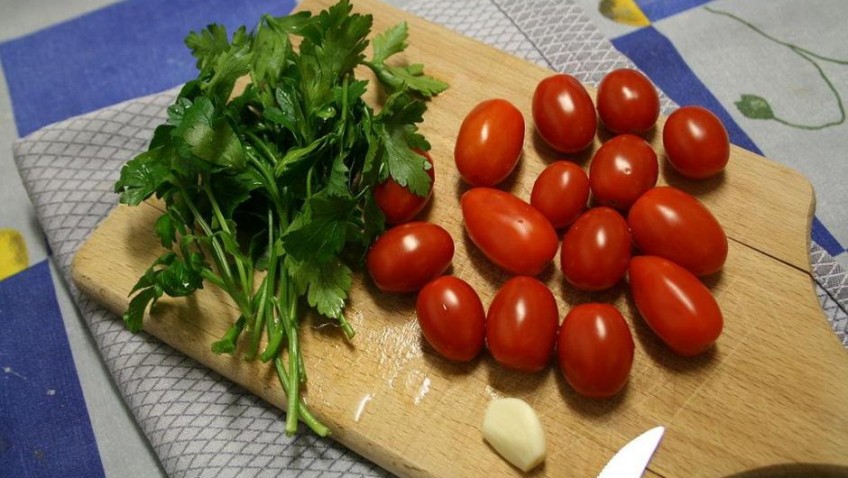Recent research published by the British Medical Journal shows that the diet is linked with longer telomere length – an indicator of slower aging.
There is good evidence that eating a Mediterranean diet is associated with health benefits including reduced cardiovascular disease.
Telomeres sit on the end of chromosomes – like plastic tips on shoelaces – to stop the chromosomes from fraying and scrambling their genetic codes.
In healthy people, the telomeres become shorter as people age but lifestyle factors such as obesity have been linked with shorter telomeres.
The study found that those who stuck closely to a Mediterranean diet had longer telomeres which could mean a lower risk of developing age-related diseases.
Researchers analysed data for 4,676 healthy middle-aged women who were part of a study on the health of American nurses.
The Mediterranean diet is typically rich in fruit and vegetables, oily fish, such as sardines, and wholegrain cereals, with modest amounts of meat and low-fat dairy.
Dr Mike Knapton, Associate Medical Director at the British Heart Foundation, said: “This large study adds to the evidence that longer telomeres are found in those who eat a Mediterranean diet.
“Longer telomeres may partially explain the link between diet and risk of cardiovascular disease.
“Previous findings from the same study had shown that those with unhealthy lifestyles had shorter telomeres.
“These results reinforce our advice that eating a balanced and healthy diet can reduce your risk of developing heart disease.”
What is the Mediterranean Diet
The Mediterranean Diet is a formula for healthy day-to-day eating over the long term. It is not about quick fix ‘superfoods’; nor is it a strict list of what you should not eat. Here’s a quick guide for those who would like to try it:
- Maximise your intake of vegetables, peas and beans (legumes), fruits and wholegrain cereals.
- Limit your red meat intake – fish and poultry are healthy substitutes.
- Where possible, use mono-unsaturated olive oil or rapeseed oil in place of animal fat such as butter or lard.
- Limit your intake of highly processed ‘fast foods’ and ‘ready meals’, where you cannot tell saturated fat and salt intake.
- Eat no more than moderate amounts of dairy products, and preferably low-fat ones.
- Do not add salt to your food at the table – there is already plenty there.
- Snack on fruit, dried fruit and unsalted nuts rather than cakes, crisps and biscuits.
- Drink (red) wine during meals, but no more than three small glasses per day if you are a man and no more than two small glasses per day if you are a woman.
- Water is the best ‘non-alcoholic beverage’ (as opposed to sugary drinks), although health benefits have also been claimed for various teas and coffee.





